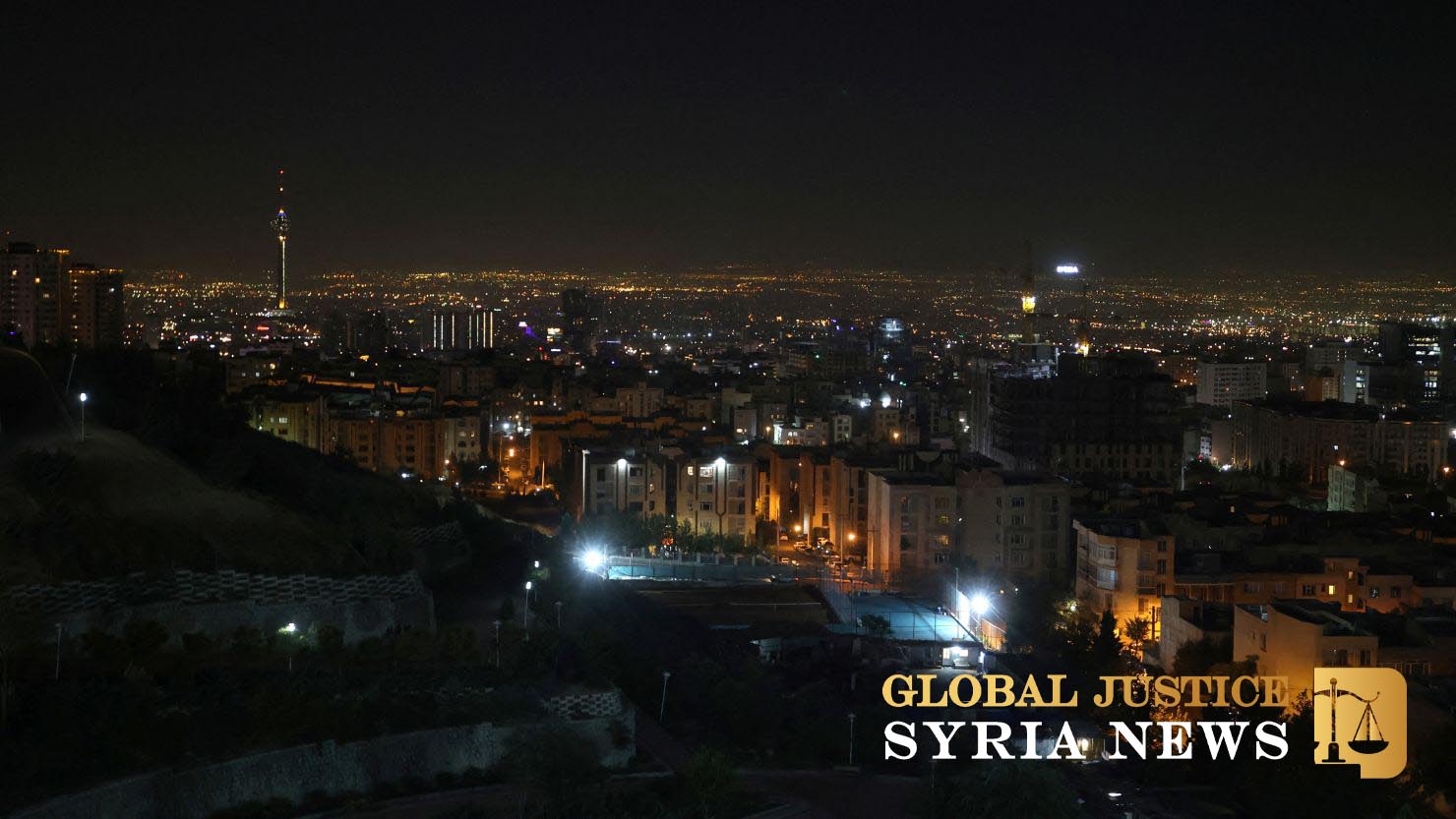Early Saturday, Israel launched a series of airstrikes against Iran, targeting what it described as missile manufacturing facilities and air defense systems. The strikes, described by the Israeli Defense Forces (IDF) as “precise and targeted,” come in direct response to Iran’s missile attacks earlier this month, escalating a conflict that has long simmered between the two adversaries.
The recent strikes mark Israel’s first overt, large-scale attack on Iranian soil. IDF spokesperson Rear Adm. Daniel Hagari stated that the mission aimed to dismantle Iranian missile production capabilities and remove “immediate threats” to Israel. Explosions were heard in Tehran and other provinces, and while Iranian state media confirmed the attacks, officials reported “limited damage.”
In the days leading up to the strikes, tensions had intensified after Iran fired 180 missiles into Israel on October 1st, reportedly in retaliation for attacks that killed leaders of Hezbollah and Hamas. With casualties on both sides and widespread destruction reported, this latest escalation raises concerns about the fragility of regional stability.
Iran’s air defenses engaged in attempts to intercept the strikes, with state media airing images of tracer fire and missile intercepts around Tehran. The Iranian government sought to downplay the impact of the strikes, which analysts suggest could indicate a reluctance to escalate further. By keeping its response measured, Tehran may be signaling a temporary pause in direct military exchanges, though officials have vowed to “protect Iranian sovereignty against foreign aggression.”
Meanwhile, militant groups backed by Iran, such as Hezbollah in Lebanon and Hamas in Gaza, remain actively engaged in conflict with Israel, suggesting that any de-escalation on one front could rapidly ignite on another. Israel, which recently intensified its ground operations in Gaza and southern Lebanon, continues to strike Hezbollah positions, displacing over a million civilians in Lebanon.
As tensions mount, the United States has sought to prevent further escalation. Following the strikes, Defense Secretary Lloyd Austin reaffirmed the U.S.’s “ironclad commitment” to Israel’s security. The White House also advised Israel to avoid targeting nuclear and oil facilities in Iran, an appeal Israel heeded to avoid an international crisis.
Austin’s talks with Israeli Defense Minister Yoav Gallant focused on a “heightened force posture” to protect American personnel and allies in the region. While Washington’s presence underscores support for Israel, it also aims to prevent an all-out regional war, which would have significant repercussions for global stability and energy markets.
Both Israel and Iran face internal pressures and external expectations to de-escalate. Israeli Prime Minister Benjamin Netanyahu’s government has prioritized security, yet Israel must weigh the risks of prolonged conflict. For Iran, a measured response might protect its military infrastructure and keep its proxies in Lebanon and Gaza operational, maintaining its influence across the region without inviting a full-scale war.



















